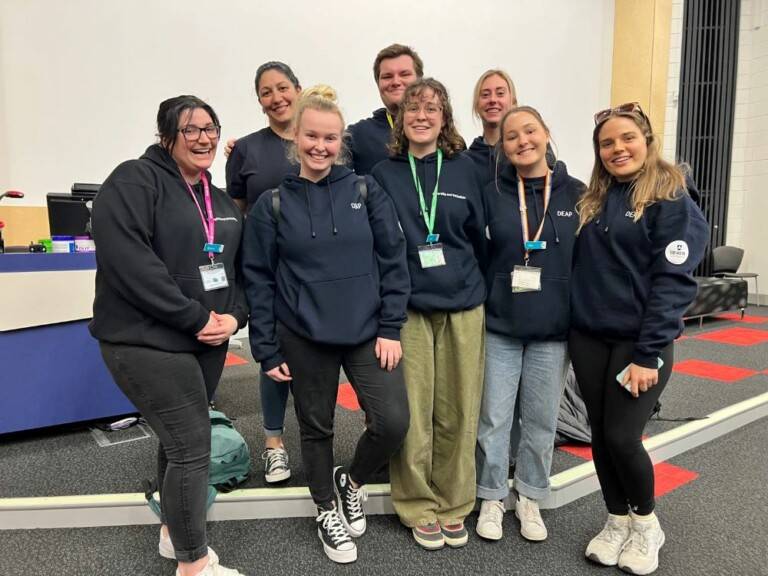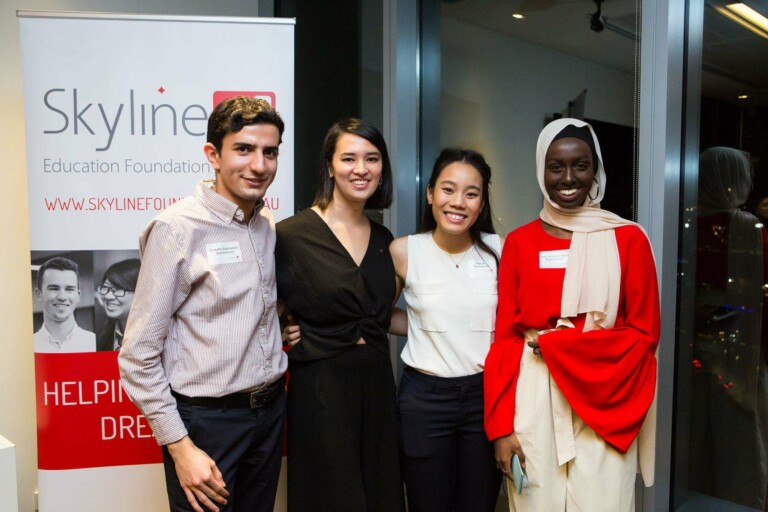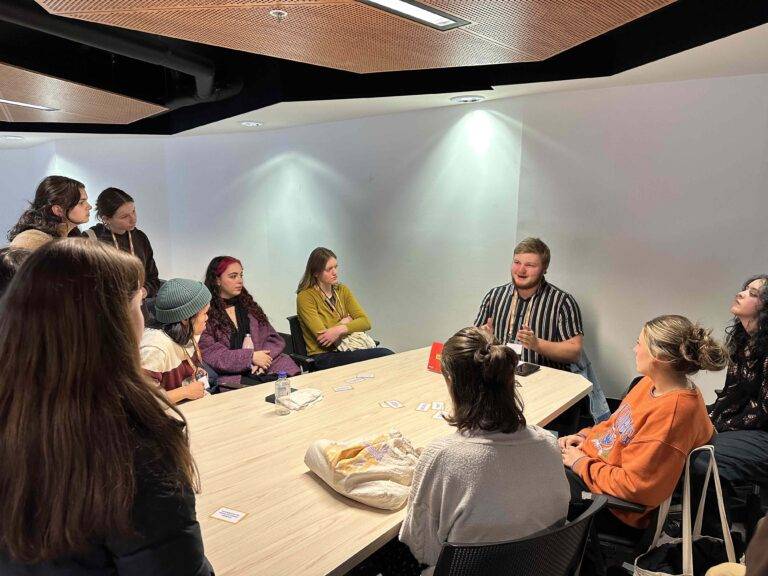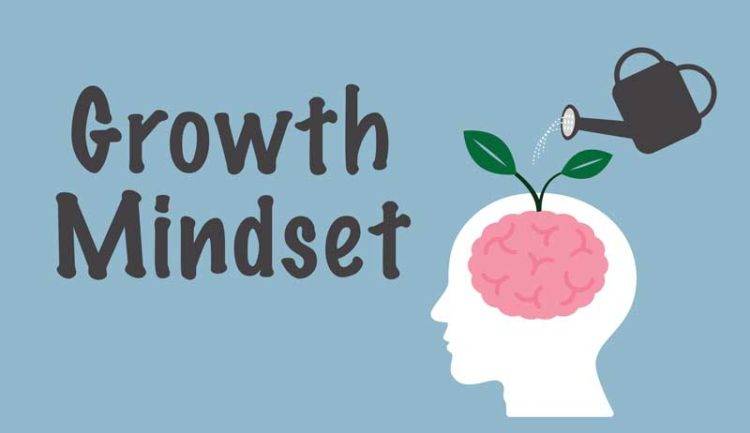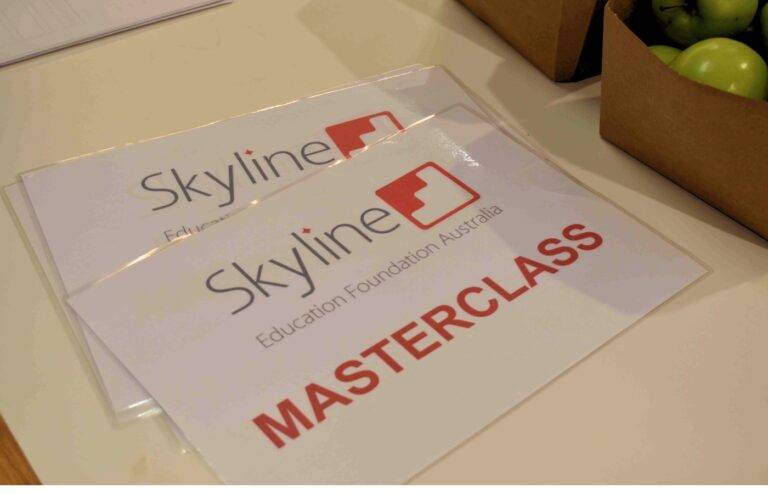Recognising giftedness and Challenging the stereotypes
– Dr Elizabeth Hartnell-Young
Win is interested in big picture ideas rather than trivia. Sunny and Aisha will not put up their hands in class unless they are 100% sure of the answer. Mark avoided taking languages because he thought he would not be good enough. Liv stays up all night to complete assignments. Maya has difficulty accepting credit for their work because they just expect to be successful. Zac is going for a high ATAR, while Sam is happy with low grades. These students all have high ability, but display their talents in different ways. Some of them are perfectionists. Weis (n.d.) has devised a simple survey to identify the levels of perfectionism in students.
Gifted students don’t always have high academic scores
In a study of nearly 10,000 students aged 12-21, a UK researcher found that perfectionism predicted better academic achievement (Madigan, 2019). However perfectionists often pay a high price for their performance. This is because they view anything short of perfect as unacceptable – and when perfectionists make mistakes, fail exams or receive critical feedback, they experience anxiety. When perfectionism interferes with the risk taking required for quality learning, it can keep gifted students from achieving their full potential.
Gagne has defined underachievement as ‘gifts that do not develop into talents’ (Mofield, Peters, & Chakraborti-Ghosh, 2016). This can become a real problem during the transition from school to tertiary education where they are not only faced with a huge number of new stressors but possibly also worse performance. Confidence can be shattered, even beyond education and into the workplace (Madigan, 2019).
Socialisation affects the ways gifted males and females present at school
Roger Page, an experienced school principal, says ‘Many boys approach VCE as a contest where they are striving to win and will talk themselves up, expressing confidence in their abilities, whereas many of the girls are less comfortable with the idea of beating their friends for an ATAR ranking’. One confident male Skyliner said:
I want to see myself graduating school with amazing results and getting into my preferred course. I want to see myself in university with a stable part time job to support my financial costs and a positive social circle who will motivate me and inspire me to do better everyday.
Sociologists, psychologists and educators have observed differences in behaviour, and suggest that schools often reinforce them. In a very useful article, Joan Smutny, founder of The Centre for Gifted in the US, wrote:
Gifted girls face a quandary. They have abilities urging them forward, prompting them to explore all that education has to offer, yet education does not run to meet them. When boys ask questions, call out their answers or engage in debate, adults see the signs of eager minds at work girls receive reprimands or disapproval for behaviour deemed aggressive, pushy, unfeminine, or impolite. This message is not lost on gifted girls (Smutny, 1999).
A Skyline alumna remembers enduring comments about being ‘smart and pretty’, and the not-so-subtle messages that if you are too smart as a woman it is intimidating to men. The result was denying her intelligence and even feeling pressure to minimise achievement.
Teachers have a role to play in challenging these social norms.
Challenging the Imposter Syndrome
Teachers, friends and families can also help our gifted and talented students come to terms with the ‘imposter syndrome’: the belief that they don’t deserve to be selected. Researchers
coined the term ‘imposter syndrome’ after noticing that many women failed to believe they were truly as capable or intelligent as they appeared, and explained their success as due to luck (Clance & Imes, 1978). Perfectionists and high achievers who always think that they should be doing or accomplishing more are often affected by imposter syndrome. Although this is mainly ascribed to women and girls, it is not universally so. Laura, a high-achieving graduate, replied refreshingly when asked about imposter syndrome.
I’ve never had that. Like if someone asked if I’d be willing to run Microsoft, I would say ‘well I have no experience but why not? Let’s try’. I’ve never had that feeling that I wouldn’t be qualified enough. You can always find ways.
Balancing Australia’s workforce
One young woman about to graduate from Skyline’s Program captured both the importance of financial independence and the feelings of guilt students can experience when she said:
I see myself being financially independent of my parents. This has been my biggest goal since the age of eleven when my family struggled financially. I feel guilt for not being able to do better in school and for not trying to push myself because I became complacent.
When it comes to careers, Australia has a highly gender-segmented workforce and a gender pay gap. The resulting stereotypes flow through to subject selection. For example, although young women score as well as young men in maths and science, they are less likely to enrol in science and maths degrees in Australia (just over one third).
Griselda and Megalokonomou (2020) found that young females are more influenced than males by their success relative to their peers. But it’s worth taking a longer view. Maths and science studies lead to occupations such as engineering, physics, data science and computer programming, which are in demand. Avoiding STEM could have a long-lasting impact on women’s life earnings and their sought-after financial indepence.
Given the emergence of new career opportunities, it’s important to break down the stereotypes and open up the possibilities for all students.
References
- Clance, P. R., & Imes, S. A. (1978). The imposter phenomenon in high achieving women: Dynamics and therapeutic intervention Psychotherapy: Theory, Research & Practice, 15, 241-247. doi:10.1037/h0086006
- Griselda, S., & Megalokonomou, R. (2020). Girls score the same in maths and science as boys, but higher in arts – this may be why they are less likely to pick STEM careers. Retrieved from https://theconversation.com/girls-score-the-same-in-maths-and-science-as-boys-but-higher-in-arts-this-may-be-why-they-are-less-likely-to-pick-stem-careers-131563
- Madigan, D. (2019). Perfectionistic students get higher grades, but at what cost? Retrieved from https://theconversation.com/perfectionistic-students-get-higher-grades-but-at-what-cost-126558#
- Mofield, E., Peters, M. P., & Chakraborti-Ghosh, S. (2016). Perfectionism, Coping, and Underachievement in Gifted Adolescents: Avoidance vs. Approach Orientations. Education Sciences, 6(3), 21.
- Smutny, J. F. (1999). Understanding our Gifted. Open Space Communications, 11(2), 9-13.
- Weis, C. (n.d.). How to Identify and Support Perfectionists In Your Classroom. For the Love of Teachers Retrieved from https://www.fortheloveofteachers.com/perfectionist-students/



